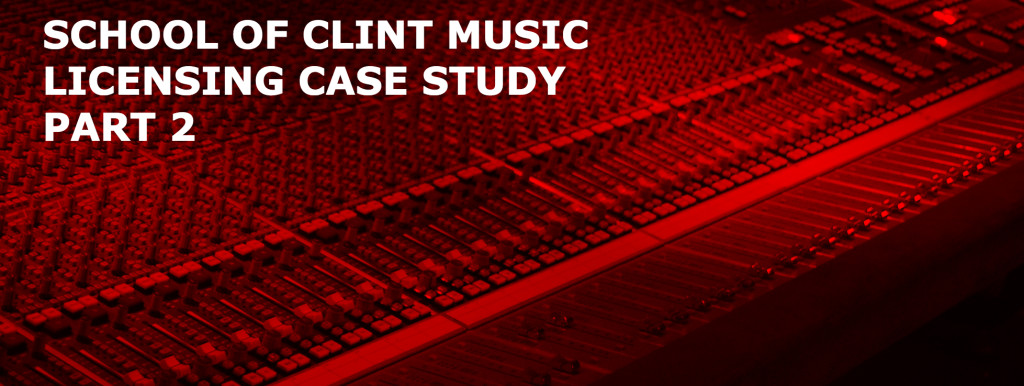Welcome to the next part of the journey I’m taking to learn how to license your music. If you have no idea what i’m talking about click here for the first part. I invite you to enroll with me in the School of Clint Music Licensing. This is a case study that I decided to share to any interested in learning how to license your music. Keep in mind, at the time of me writing this I am extremely new at this subject which is why I had to go out and get some help LOL. I invite everyone to check out the homey Anthony Clint, Jr who broke down his music which got played at the 2016 NAACP Image Awards. That’s a good look! This is the cat I’m learning from and want to continue to put him out there because he’s a great resource.
WEEK 2
Reference The Music Licensing Directory
Speaking of great resources, after you get your music together it’s now time to reach out to people. But who in the world do I reach out to you may ask. You need to reach out to music licensing companies like your life depends on it. If you go over to Clint’s website, you can have access to a FREE music licensing directory which will have contact info for you to begin with.
- Start Calling & Emailing

- The plan is to call music licensing companies everyday for a few weeks straight
- Google them and see what they do first. If they have a number call otherwise leave an email.
- Introduce yourself “Hi, my name is (NAME) from (YOUR COMPANY NAME). I’m a composer and was wondering if you guys are currently accepting submissions from new composers?” Something along these lines. If you find something unique about an individual you’re contacting, find a way to connect that in your email to help you stand out.
- I’ve been told that usually they tell you how to submit. If they don’t, ask how they would like you to submit, what genres do they have a need for and what genres do they tend to place the most. Ask if their agreement is exclusive or non-exclusive as well. It’s completely up to you whether or not you want to sign non-exclusive or exclusive, but know that exclusive means you can’t send those tracks to any other publisher for the term of that agreement. Non-exclusive allows you to put your eggs in more than one basket.
- Stay consistent and don’t get discouraged if you don’t get any responses
